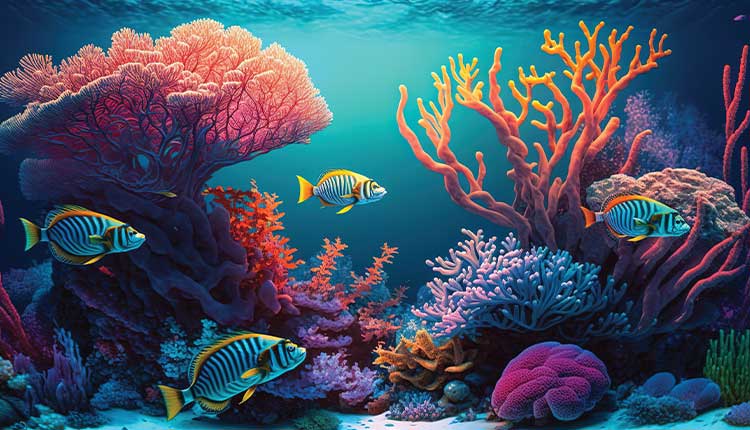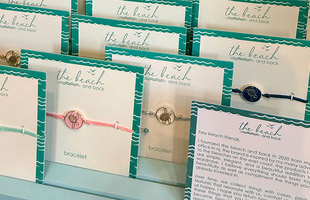
How do I know if a sunscreen is “reef friendly”?
Beware! Unfortunately the terms “reef friendly” and “reef safe” are not regulated, so you can’t always trust products with this description. It’s important to check the “active ingredients” label on the back of your sunscreen or personal care product to ensure that reef-harming chemicals are not included.- Oxybenzone
- Avobenzone
- Octinoxate
- Octocrylene
- 4-methylbenzylidene camphor
- PABA
- Parabens
- Triclosan
- Nanoparticles or “nano-sized” zinc or titanium
- Any form of microplastic, such as “exfoliating beads”
Avoid chemical-based sunscreens and choose non-nano mineral based sunscreens instead. In addition to concerns about chemical sunscreens negatively impacting coral reefs, the FDA has recently proposed removing all over-the-counter chemical sunscreen ingredients (including avobenzone, octisalate, homosalate and more) due to the potential for adverse human health impacts during use.
Sun Protection Alternatives
Sun management will help limit exposure to harmful UVB and UVA rays. Even mineral-based sunscreens can negatively impact fish and coral reefs at high concentrations. The best thing we can do is limit products when recreating in high-use areas. Effective sun protection methods include a balance of:
• Avoiding sun exposure during peak sun hours, when possible
• Covering up with hats and clothing
• Using a more reef-friendly sunscreen. REN Clean Screen Mineral Sunscreen, Manda, Avasol, Raw Elements and Bare Republic are among the brands considered “reef safe.”
Spread the word
It’s also important to spread awareness about the issue to friends, family, customers and community members.In 2018, Hawaii passed the first ever statewide ban on oxybenzone and octinoxate sunscreens. Soon after, island nations including Palau, Bonaire and Aruba followed suit.
Katie Day, Surfrider Foundation’s senior manager of science and policy, helps to ensure that campaigns are thoughtfully planned and supported by accurate scientific literature.


